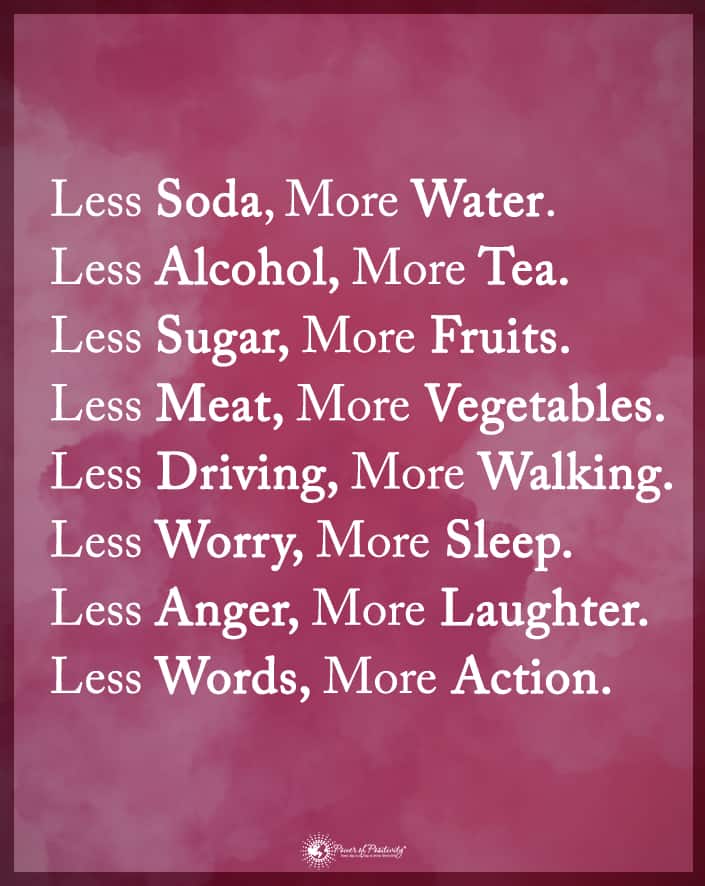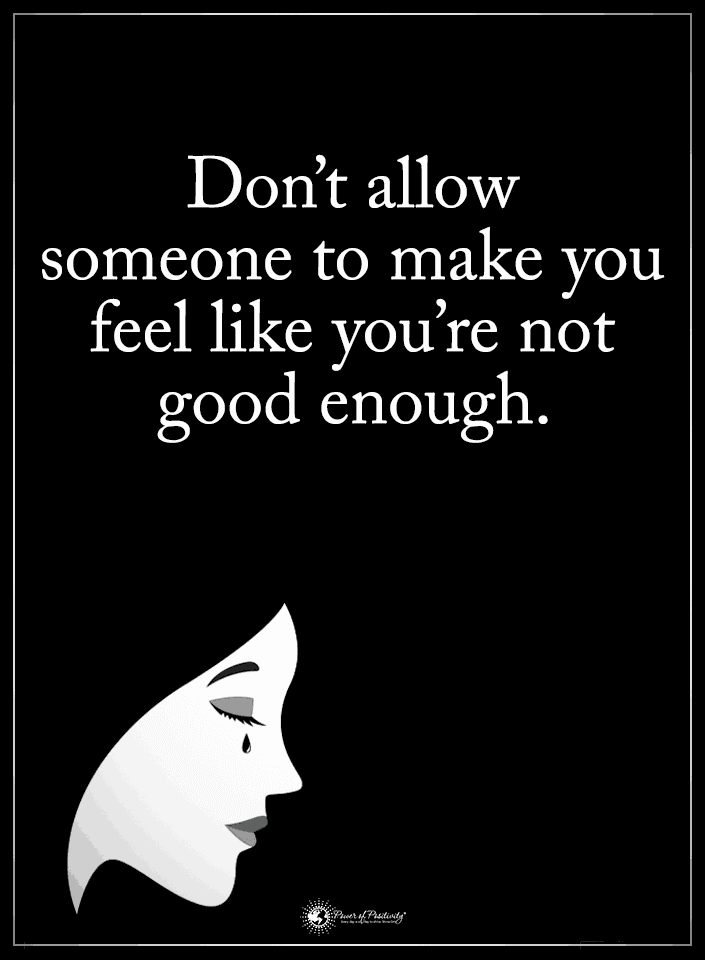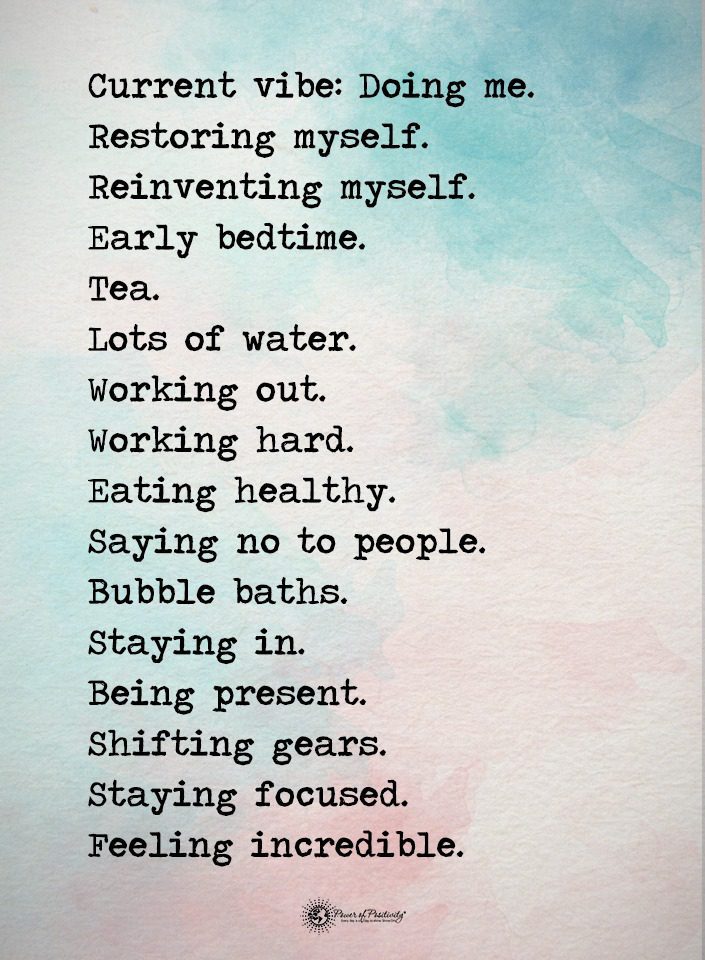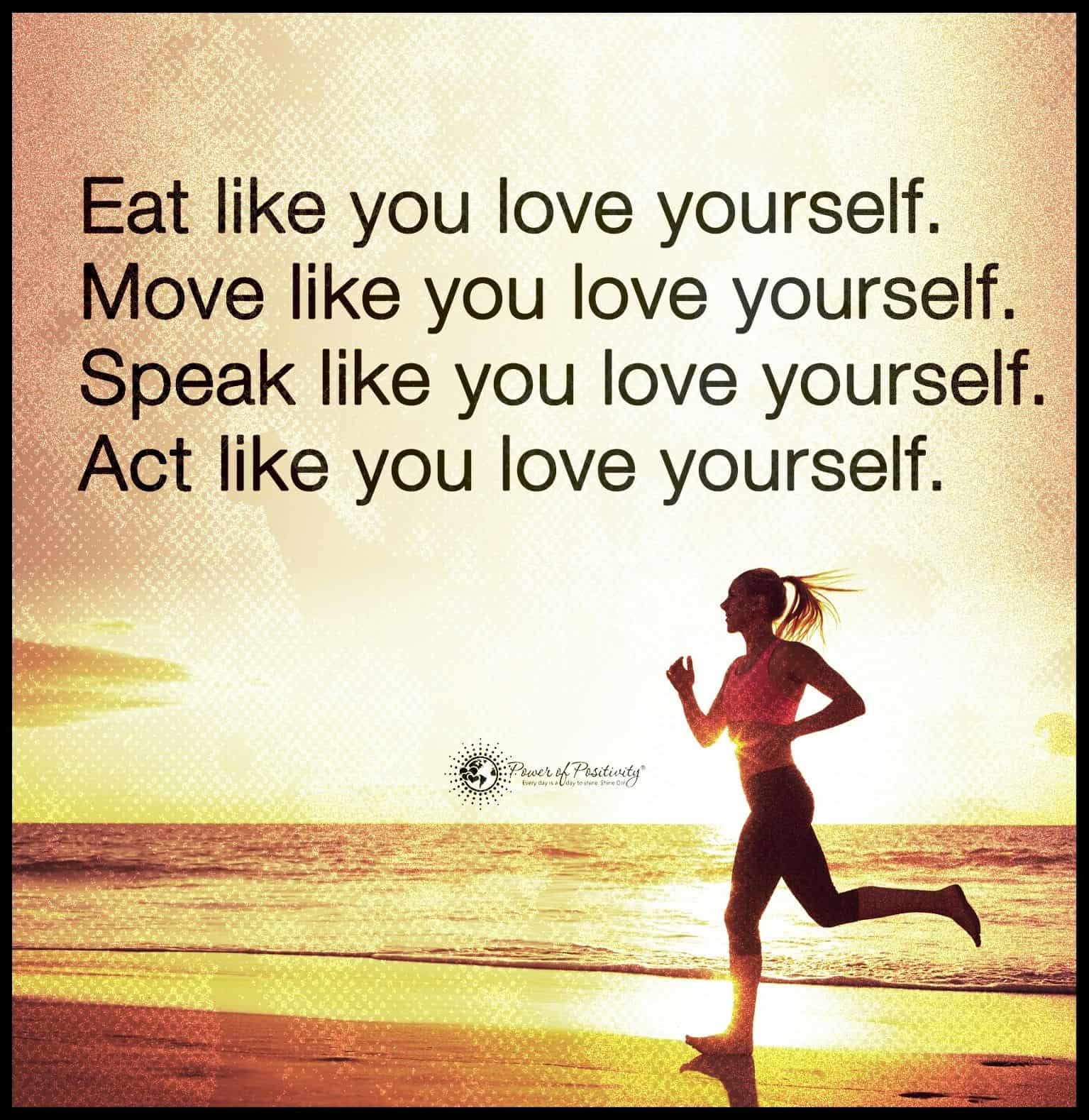We spend a lot of time looking in mirrors in our world today. But we don’t usually equate how we look to our overall health. How we look on the outside reveals a lot about our health on the inside, from the color and texture of our skin to the clarity of our eyes to the smoothness of our fingernails. You can tell a lot about a person’s health based on their outer appearance, and certain issues like hair loss, wrinkles, and acne can point to underlying problems that need attention.
So, what are your body parts revealing about your health?
We’ll go over major parts of the body and discuss the red flags that your health could be in danger.

1 – What the Eyes Reveal About Health
Our eyes are pretty important. That’s because they empower us to take in all the beauty in the world through our unique perceptions. However, to keep them operating at their highest capacity, you need to take care of them by eating well, drinking enough water, and getting enough rest.
Bags under the eyes could point to fluid retention. But what causes this? It stems from eating too much salt, drinking excess alcohol, which creates bloating, or other issues, such as underactive thyroid or kidney problems. You might also have unknown food allergies to things like milk or wheat, which your doctor can test you for.
Another common eye issue people experience is yellowing of the eyes, which can come from liver diseases. See a wellness physician for further testing if you notice your eyes have a yellow tint.
Eating a whole food, plant-based diet, drinking enough water, and getting rest and adequate exercise will keep your eyes vibrant and healthy.
2 – Healthy Skin
As our body’s largest and fastest-growing organ, our skin tells us significant information about our overall health. For example, wrinkles are usually associated with aging, but did you know they also could be a sign of osteoporosis? A study found that early-menopausal women with excessive wrinkles also had lower bone density than other women.
Raised red patches on the skin usually mean you have psoriasis. This condition stems from an imbalance of immune cells that trigger inflammation in the body and therefore, on the skin.
Many people suffer from dry, itchy skin, and while the culprit is usually cold weather, intensely itchy skin could point to a more serious issue, such as thyroid problems, renal disease, or certain cancers, according to Marina Peredo, MD, assistant clinical professor of dermatology at Mount Sinai Hospital.
Finally, acne and red bumps on the skin can signal an underlying psychological issue, such as stress, anxiety, or depression. Many people that suffer from these mental problems deal with them by picking at the skin, leaving red abrasions all over their bodies. Still, what if you have difficulty coping with your emotions? Try deep meditation, breathing exercises, or working out to release these feelings.
3 – Hair
Many people attribute hair loss to aging, but even younger men and women can experience drastic hair loss due to other problems. Hair loss can have numerous causes, such as stress, nutrient deficiencies, pregnancy, medications, birth control pills, weight loss, and other issues. Ideally, we want our hair to look shiny, vibrant, and soft. Of course, we can attain this through a healthy diet, plenty of water, sleep, exercise, and emotional and mental stability.
4 – Lips
Your lips should ideally look luscious and soft, but dry, cracked lips can point to dehydration, a mild cold, or possibly an immune system disorder called Sjögren’s syndrome, which causes cracked lips and dry eyes, as well as joint pain and dry skin.
5 – Fingernails
Surprisingly, your fingernails can say quite a lot about your health. For instance…
- Pitted nails may reveal an autoimmune disorder or genetics.
- Spooned nails, or nails that appear scooped out can signal conditions such as iron deficiency anemia, heart disease, and hypothyroidism.
- If your nails appear pink only at the tips, and white elsewhere, this could point to an underlying condition such as liver disease, kidney failure, heart failure, or diabetes.
- Nail separation, where the nail detaches from the nail bed, can sometimes be caused by a consumer product. But at other times, it could signal thyroid disease or psoriasis.

6 – Teeth
When most people think of healthy teeth, they picture a white, beaming smile. If your teeth look stunted or uneven, you might grind your teeth in your sleep, which usually is caused by stress. Stress causes your body to produce excess amounts of cortisol. So people who grind their teeth do so to cope with the added stress. If you have osteoporosis, you might notice tooth loss, as this disease affects all the bones in the body. Furthermore, kidney disease has also been associated with tooth decay. If you notice any of these conditions in your teeth, see a doctor as soon as possible.














